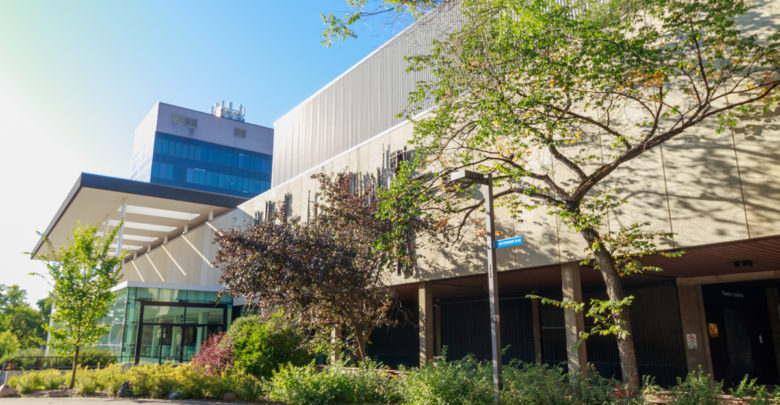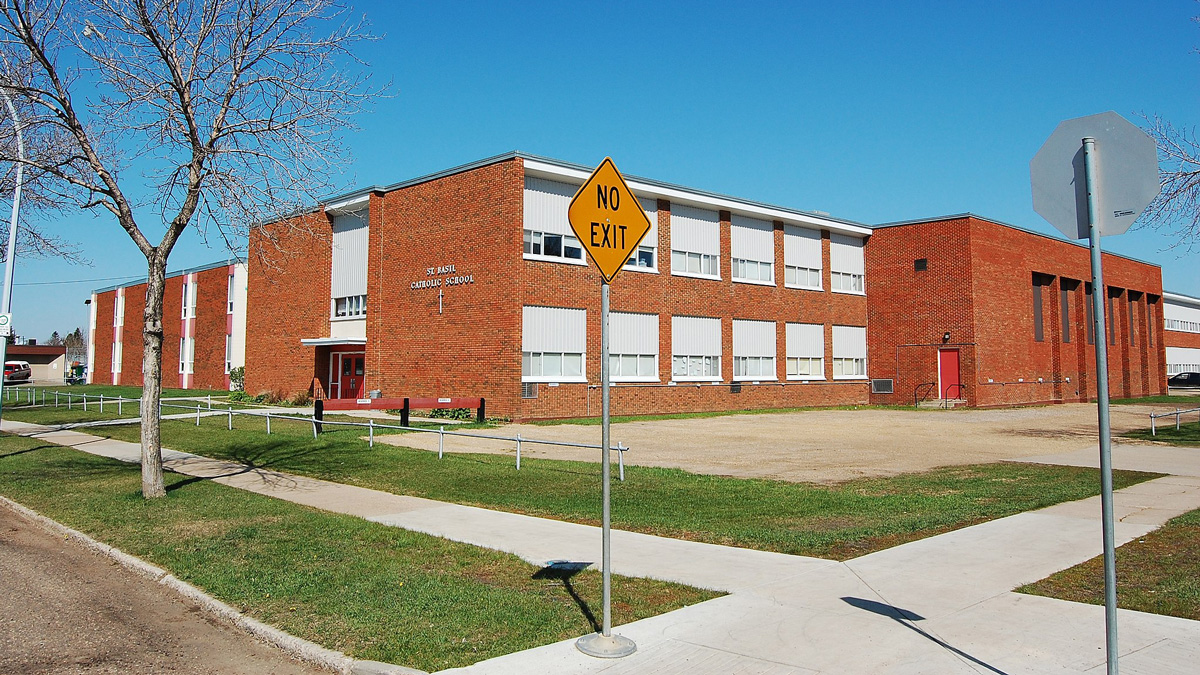 Christien Ford
Christien FordWith recent funding cuts, student advocacy has proved essential for post-secondary students. The University of Alberta Students’ Union (UASU) plays a key role in advocating for U of A students. As a member of the Council of Alberta University Students (CAUS), the UASU works alongside student associations from Athabasca University, MacEwan University, Mount Royal University, and the University of Lethbridge. But CAUS hasn’t proven its worth in recent years.
CAUS offers power in numbers with five universities behind it. Together they advocate for university students’ needs to the Government of Alberta. But despite the collective power CAUS has, its advocacy is lacking in many ways. Past UASU councillors have pointed this out, but there’s been little improvements to CAUS’ advocacy and operations.
In the 2024-25 UASU Operating and Capital Budget, Students’ Council put a cap on the fee the UASU would pay CAUS. But that cap is still a high number — $60,000. The new cap is only $7,371 less than what the UASU paid CAUS in 2023-24 budget. While every penny counts, it’s not a substantial change. Definitely not enough to make CAUS improve their advocacy.
The UASU contributes about 45 per cent of CAUS’ budget, despite having four other university associations. This new cap doesn’t change the fact that CAUS needs the UASU for its budget. But having that much influence over CAUS might not be a bad thing if the UASU used it to students’ advantage.
Alberta Students’ Executive Council (ASEC), another post-secondary student advocacy group, makes CAUS’ work look disappointing to say the least. Students are struggling with affordability, rising tuition, student loans, among other issues. CAUS’ work isn’t tangibly helping any of these things. ASEC actually has a clear record of success in its advocacy on these issues. It’s clearly not impossible for a post-secondary student advocacy group to make real changes.
CAUS’ record is vague. Most of its history only says what its efforts have been, not the results of it. Its main work seems to be annual budget submissions to the Government of Alberta. Aside from that, CAUS does a Get Out The Vote campaign for provincial and federal elections. But an annual budget submission and a campaign to encourage students to vote every couple years isn’t worth $60,000. Either CAUS needs to make some major improvements to its advocacy or the UASU needs to re-evaluate its membership.
Perhaps CAUS has done the work and seen results, but simply doesn’t have an available record of it. In 2019, Rowan Ley, the Board of Governors (BoG) representative, criticized CAUS’ out-of-date website. Five years later, it’s still out-of-date and lacks a lot of information. Even if CAUS has made strides in its work, it’s hard to find any evidence of that on its website.
CAUS operates largely as a lobbying group that meets with provincial officials to advocate for students. But it’s been asked to do more than just that. Some of the asks were for CAUS to organize province-wide protests, lead grassroots organizing, and help small student unions mobilize. But CAUS seems more focused on the provincial budget than anything else.
Even after many universities and student associations reacted to and advocated against Bill 18, CAUS was quiet about it. Students aren’t just affected by provincial budgets. And when something like Bill 18 is announced and passed, CAUS should be loudly advocating for students, not sitting in silence.
Additionally, CAUS doesn’t have efforts or priorities specific to international students in its advocacy. CAUS’ past responses to criticism on this has been that the issues it advocates for affect all students and international students’ issues fall under federal jurisdiction. But this ignores that there are provincial-specific international student issues that CAUS could advocate for. Namely, international students not having a tuition cap. All students need to be advocated for, especially when there’s specific issues that impact them.
It’s the UASU’s responsibility to make sure that what it’s paying for — with students’ fees — is worth it. If CAUS isn’t meeting students’ needs, something needs to change. Saying we’ll pay $7,371 less isn’t going to spur CAUS to make the necessary changes. The UASU needs to fight hard to get students’ money’s worth from CAUS.




